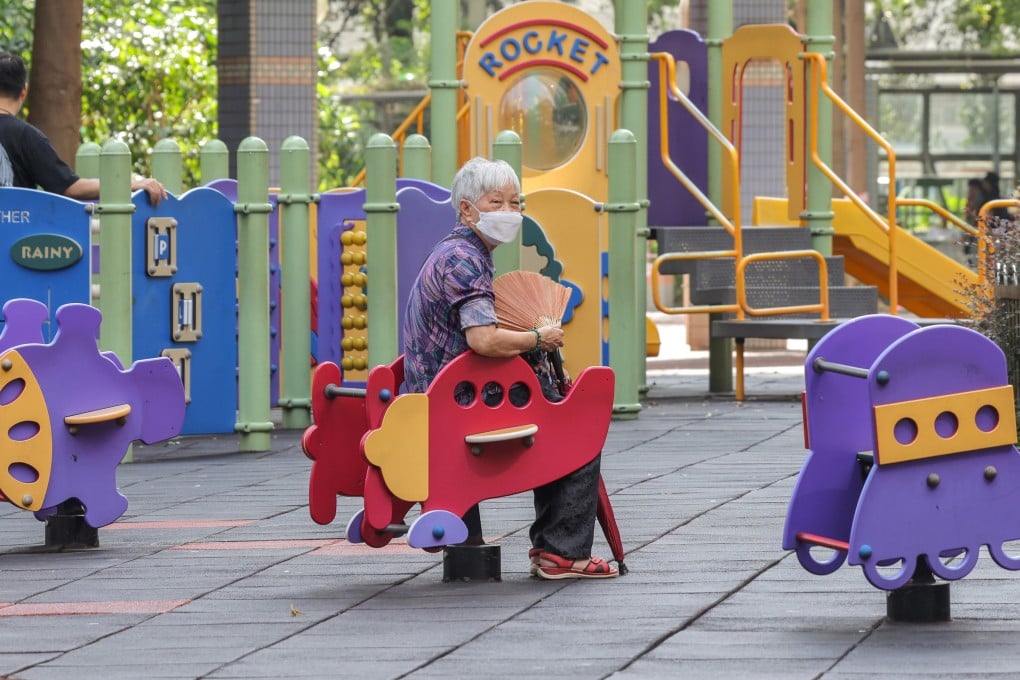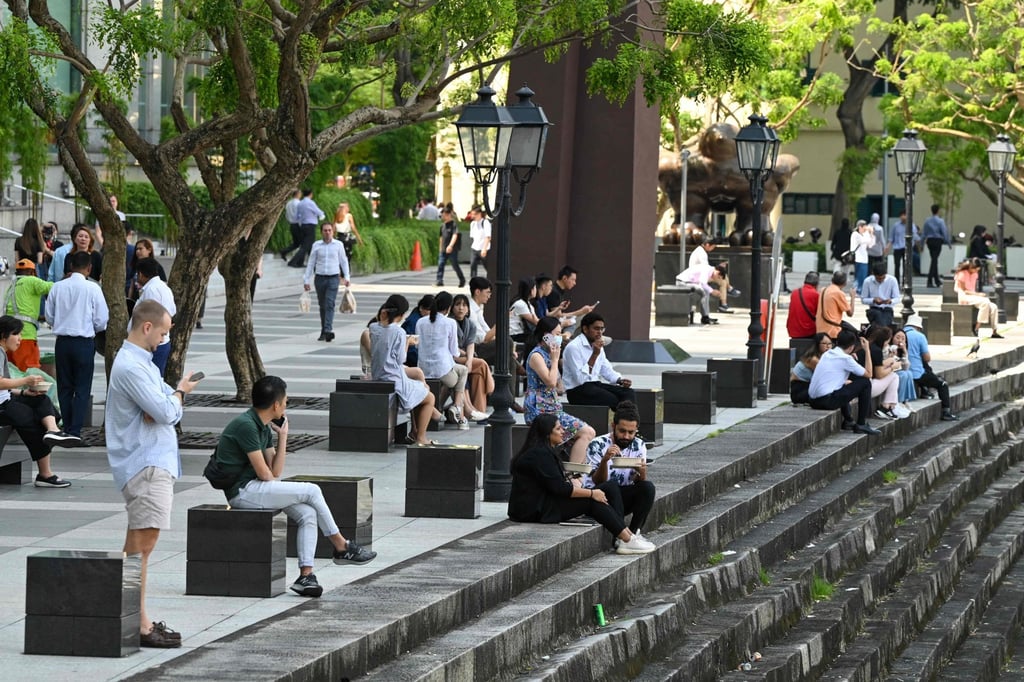Advertisement
Hong Kong’s MPF retirement scheme ranks second best in Asia behind Singapore’s amid investment losses: Mercer
- The Mandatory Provident Fund is the best regulated pension scheme in Asia, but trails Singapore in providing retirees with adequate funds
- Globally, Singapore’s scheme ranks seventh, Hong Kong 21st and Japan 30th, says report, which assessed 47 pension systems worldwide
Reading Time:3 minutes
Why you can trust SCMP
7

Hong Kong’s Mandatory Provident Fund (MPF) is the best regulated pension scheme in Asia, but trails behind Singapore’s when it comes to providing sufficient money for people’s retirement needs, according to a study released on Wednesday.
The city’s HK$1.11 trillion (US$141.62 billion) compulsory retirement scheme maintains its position as the second-best pension scheme in Asia, behind Singapore but ahead of Japan and Malaysia, in the annual Global Pension Index released by Mercer and the CFA Institute.
Scoring 64 points out of a possible 100, the MPF received a C+ grade, behind Singapore’s 76.3 (B+). Hong Kong’s score is similar to last year’s 64.7 and an improvement on the 56 that the MPF scored in 2018 when it was first included in the study.
Advertisement
The MPF is on course to report an unprecedented third year of losses after suffering an investment setback of HK$35.2 billion in the third quarter that wiped out all the gains made in the first half of the year, according to data from MPF Ratings.

The Mandatory Provident Fund Schemes Authority (MPFA) is taking steps to improve the adequacy of the MPF for basic retirement protection on various fronts with a view to helping Hong Kong’s working population increase its retirement reserve, a spokesman said.
Advertisement
Advertisement
Select Voice
Select Speed
1.00x